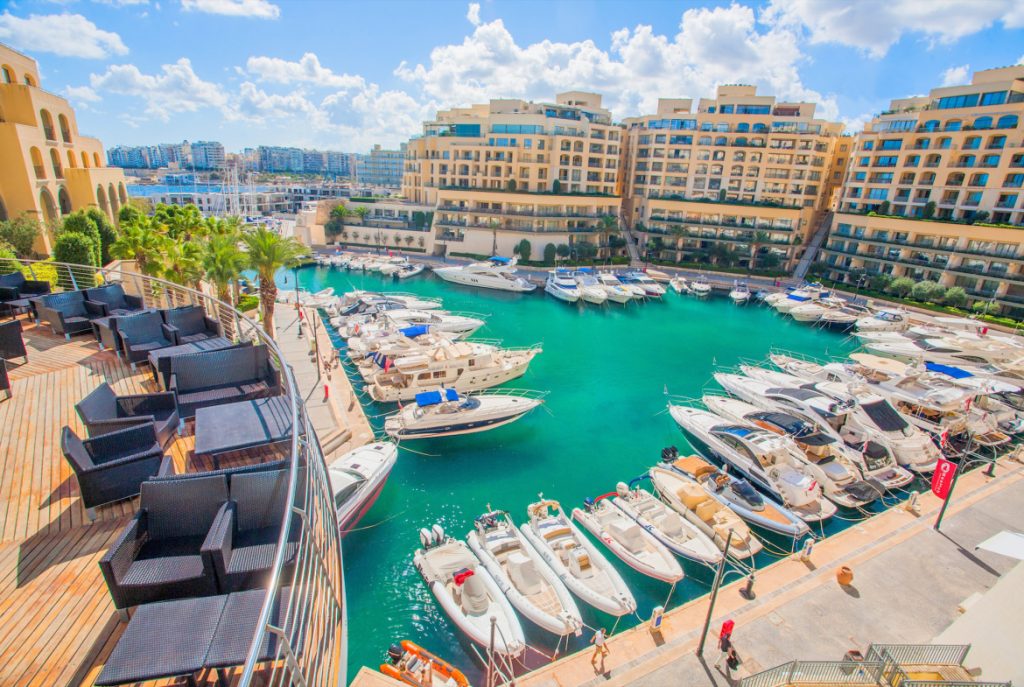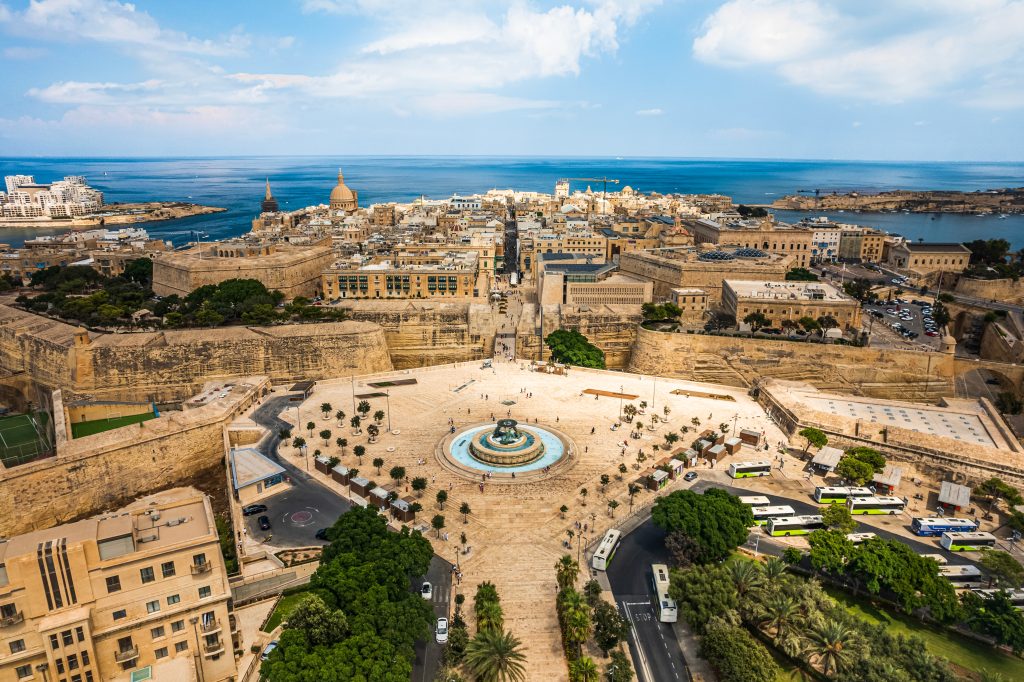This year investing in local real estate presents a compelling opportunity for expatriates, retirees, first-time buyers and investors. The Maltese real estate market has demonstrated a steady resilience and continued growth for some years now, underpinned by a robust economy that offers many strategic advantages.
Stable Market with Promising Projections
The Maltese real estate sector is anticipated to reach a value of approximately €114.7 billion if not more, with the private residential property market having accounted for about €95.6 billion in 2024. Projections indicate an annual growth rate of 3.81%, leading to a market volume of approximately €138.3 billion by 2029. This consistent growth underscores the market’s stability and potential for appreciation. It is important to note that these projections are subject to various influential factors such as global economic policies, political stability, and more.
Favourable Tax Environment
Malta offers an attractive tax regime for business people, investors and property owners. Notably, unlike many other countries, there are no annual property or council taxes, reducing ongoing costs. Additionally, the real estate market delivers an average of about 5% annual appreciation, providing excellent returns on real estate investments.
Citizenship and Residency Opportunities
For non-EU nationals, purchasing or renting a property of a certain value is a qualifying criterion for Malta’s citizenship and other residency programs. Along with this, successful applicants gain freedom of movement and trade within the EU and Schengen zones and this investment in turn stimulates the local real estate market and economy in general.
Strategic Location and Pro-Business Environment
Situated at the centre of the Mediterranean, Malta is a short flight from major European financial capitals. This strategic location is advantageous for both personal and business pursuits. The pro-business ecosystem, coupled with favourable tax rates, makes it an appealing destination for entrepreneurs and investors. Those who relocate to Malta or establish businesses here benefit from access to the rest of the EU market and due to Malta’s now much tougher due diligence checks, enjoy credibility within the rest of the block.

The Benefits of Special Designated Areas (SDAs) for Investors
Malta has established Special Designated Areas where foreign investors enjoy the same property rights as Maltese citizens. Purchasing property in these areas does not require an Acquisition of Immovable Property permit, simplifying the process for foreign buyers. SDAs are also favoured by many local investors due to the quality of these developments, their location, their prestige and the fact that all of them are excellent candidates for rental purposes, whether it be long- or short-term.
High Quality of Life and Ease of Communication
Malta offers a high standard of living, blending rich culture with modern amenities. The healthcare system is consistently highly ranked globally and English is an official language along with Maltese, facilitating easy communication for expatriates. This means that anyone who is English-speaking can hit the ground running when relocating to Malta for business or personal reasons.
A Closer look at Return on Investment and Capital Appreciation in Malta’s Property Market (2025)
Investing in property in Malta in 2025 is an attractive prospect due to the island’s historical price stability and consistent capital appreciation. The combination of increasing demand, limited land availability and a strong rental market contributes to good returns on investment (ROI) for buyers.
Steady Capital Appreciation
Malta’s property market has demonstrated resilience over the years, with property prices experiencing an average annual growth rate of 5% to 7%. This trend is expected to continue into 2025 and beyond, supported by future economic growth, increased foreign direct investment and the sustained demand from both local and international buyers. Let’s take closer look at the most important influential factors:
- Proven Historical Growth Trends: Over the past two decades, property prices have steadily increased due to Malta’s economic and political stability and its attractiveness as an investment destination. The minimum amounts that non-EU buyers have to purchase for is also revised annually and this currently stands at a minimum price of €174,274 for the purchase of a flat or maisonette and €300,619 for the purchase of any other immovable property (LN 174/2024: Immovable Property Price Index).
- Land Scarcity and High Demand: As a small island nation, land for development is limited, ensuring a consistent upward trajectory in property values.
- Special Designated Areas (SDAs): Properties in SDAs are particularly lucrative as they appeal to foreign investors who do not require additional permits to purchase them and local investors who are after investments that are of superior quality and in the best locations.
- Government Incentives and Schemes: Various initiatives, such as tax reductions for first-time buyers and incentives for restoration projects, further drive capital appreciation.

Rental Yield and Passive Income Potential
Rental returns in Malta are among the most competitive in the Mediterranean region. The demand for rental properties remains strong due to a combination of expatriates, digital nomads, international students and an ongoing boom in tourism.
- High Rental Yields: Average rental yields in Malta range from 4% to 6%, depending on the property type and location. Prime areas such as Sliema, St Julian’s and Valletta can achieve even higher returns due to their desirability among expatriates and short-term tenants.
- Long-Term vs Short-Term Rentals:
- Long-term rentals provide stability, particularly from professionals relocating to Malta for work in financial services, iGaming, or technology sectors.
- Short-term rentals are lucrative in tourist hotspots, offering seasonal yields of up to 8% during peak months, particularly in coastal and historic areas.
- Increasing Demand for Luxury Rentals: The high-end rental market is expanding, driven by affluent locals, expatriates and executives, ensuring sustained demand for premium properties.
Investment Opportunities by Buyer Type
Different types of buyers can benefit from Malta’s property market in distinct ways:
- Expats and Retirees: Properties in lifestyle developments and SDAs offer excellent resale potential and rental income opportunities if owners decide to lease their property.
- First-Time Buyers: Government incentives, such as stamp duty exemptions, make property acquisition more affordable, ensuring steady appreciation over time.
- Investors: High demand for rentals, combined with limited new supply, ensures strong rental yields and capital appreciation. Luxury developments in St Julian’s, Tigné Point, Portomaso, Mellieha and Valletta are particularly promising for capital gains.
The Way Forward
Economic growth, foreign investment and strong tourism continue to contribute to optimistic forecasts for 2025 and beyond. Analysts predict that property values will continue to rise, making it an opportune time to invest before further price increases. As they say in real estate terms, “the best time to buy is always now”.
Your Real Estate Partner is Waiting
Frank Salt Real Estate has more than 55 years of history and success in the local market and our divisions cover residential, commercial, letting and renting, property management, home interiors and relocation. This comprehensive portfolio of services, in addition to the fact that we are Malta’s biggest property group, means we are uniquely positioned to provide you with superior expertise in real estate and all related matters.




 Back to Blogs
Back to Blogs



